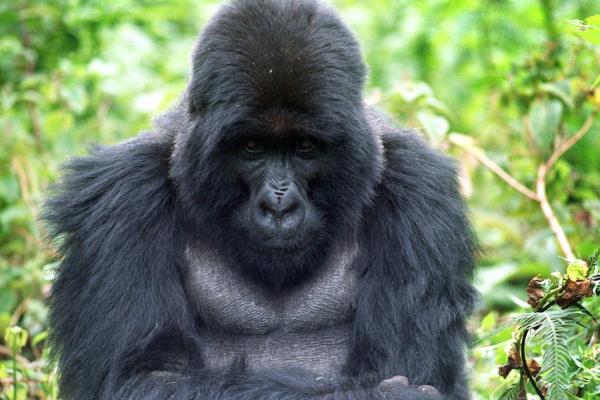Animal Viewing - Primate Viewing

All primates are on the IUCN (International Union for Conservation of Nature) Red List of Threatened Species. For this reason, it is important that the sighting of these animals is guided by a code of good practice that enables the conservation of species to be promoted through the positive impact of tourist activity. Due to the serious threats these animals face, numerous initiatives have emerged seeking to bring us closer to the great primates without interfering in their lives. Eco Turismo Virtual offers virtual tours that allow us to meet the Virunga mountain gorillas or the orangutans at the island of Sumatra. The Great Ape Film Initiative promotes the use of documentaries in different regions of Africa and Southeast Asia to raise awareness of the inherent value of primates and their value to the community.
Down below are shared some of the recommendations presented by the IUCN report “Best Practical Guides for Great Ape Tourism” (Willamson, Elizabeth and Macfie Elizabeth, 2010) from IUCN.
Before starting the visit:
- Make sure you have learned about the consequences of tourism for primates’ habitat. A responsible organizer must promote knowledge and awareness. Likewise, it must offer an action protocol in case of contact with primates and carry out a simulation to learn how to react.
- A doctor should check your health. Due to our genetic similarities, many diseases can be spread from humans to primates and vice versa. Human diseases transmissible to primates can be fatal. If you visit primates and you are sick, even if it is just a cold or diarrhea, you risk killing them. Operators must provide new and disposable respiratory masks.
During the visit:
- Respect their habitat and make sure your visit is made in small groups to have a lower impact on these animals’ behavior. From UINC is recommended to visit in groups of no more than 4 people once per day.
- Don’t get too close. Like us, primates have a sense of personal space.
- Don’t pursue them: If they move away, wait a while before approaching again, otherwise they will get the impression you are chasing them.
- Never feed them or eat in front of them. The next person carrying a bag like yours might be attacked because a wild primate learned it might contain food. If there is an organized system of feeding appropriate foods, you can judge whether you want to participate, but such places can have a negative impact on their health and behavior if not well managed.
- Don’t stare: As in human society, a long uninterrupted stare is intimidating and can be mistaken for a challenge. Look away and glance back if you catch their eye.
- Don’t try to touch them: You might think you are being friendly, but a primate might interpret your attempt to touch them as aggression and bite back. Even if you don’t get bitten, you risk exposing yourself and your family to their viruses, bacteria and parasites.
